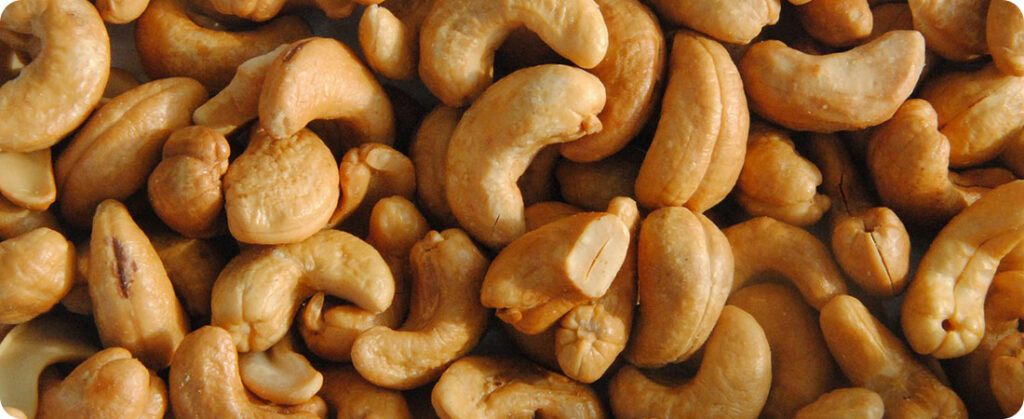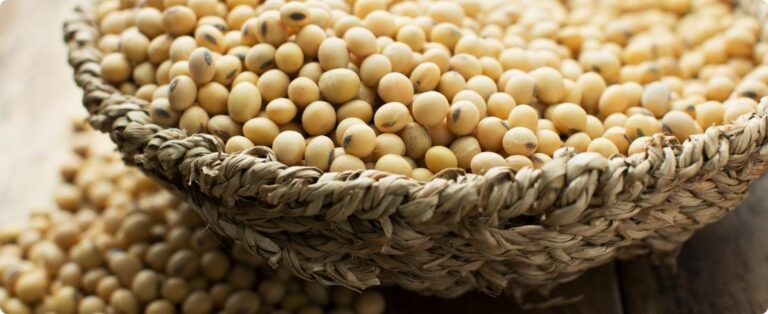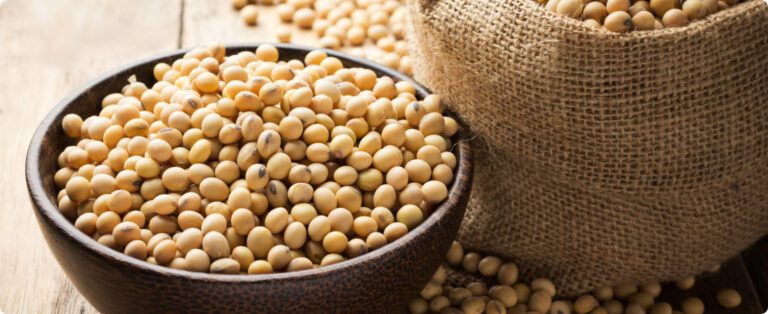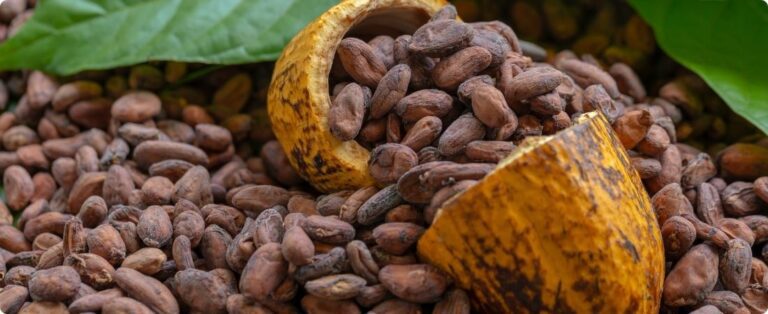
Considered one of the most important cultivated species in tropical regions, the cashew tree's main economic products include edible almonds and cashew nut shell liquid (LCC).
Cashew farming, as it is known, has been undergoing major transformations in recent years. Producers who depend on this crop are realizing that, to keep the crop competitive and viable, it will be necessary to work on three important pillars:
- In production, with the cultivation of improved plants;
- In the adoption of technology for management;
- In the full use of the fruit.
In this scenario, it is crucial to consider the type and age of the cashew tree, as this directly affects production and is probably the most critical point. With each passing year, the native cashew tree produces less, making this transition even more urgent and requiring close work on the part of farmers.
Renewing the planted areas is the biggest challenge, replacing the native cashew tree with the precocious dwarf cashew tree, which has a different production system and cultivation dynamics than usual.
Cashew farming is of great importance to the north and northeast of Brazil, providing income for thousands of families that depend directly and indirectly on cashew. However, it is clear that culture needs to evolve, as cultivation has become archaic over the years. The cashew trees have aged and no longer produce as they did at their peak. Eventually, pruning, fertilization, cleaning and phytosanitary control are often not carried out properly, which prevents the advancement of the crop and, consequently, the creation of more jobs and opportunities.
Revolutionizing cashew farming: Technology and innovation drive the sector
A well-executed job with early dwarf cashew trees, with greater density, irrigation and specific pruning, can generate results up to ten times greater than traditional methods. Around 60-70% of the plantation in Ceará still consists of native cashew trees, with lower productivity and quality.
With technology, the sector grows as a whole, producing a greater volume of cashew suitable for soft drinks, which is a sector that demands quality. It will also generate more nuts, a product very well regarded in the market, especially by people looking for a healthy and functional diet, both in the domestic and foreign markets. The nut shell, generally sold as biomass for energy generation, and the LCC, also sold as biomass, serve sectors such as fertilizers, resins and pesticides.
Farmers and government entities need to understand something fundamental. After all, to develop culture and produce with higher quality, it will be necessary to invest in technology. Similarly, this is already common in the cultivation of several other Brazilian commodities.
By: Lucas Gois, broker at the Oleochemical Products unit















